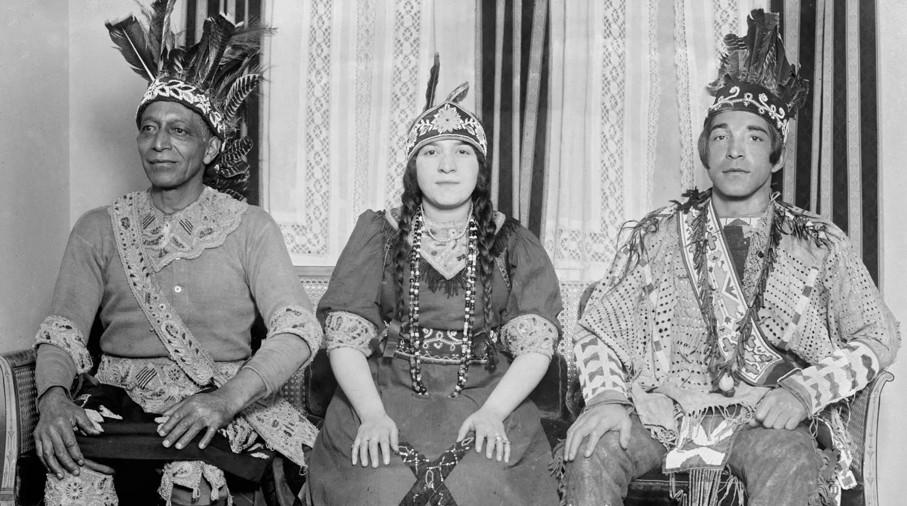
Gaius Julius Caesar Augustus Germanicus, better known as Caligula, is often remembered through a lens of excess, madness, and brutality. Popular imagination paints a picture of an emperor defined by shocking cruelty and unrestrained sexual deviancy. However, this image is largely constructed from historical accounts that may be prone to exaggeration and political bias, casting doubt on the accuracy of his purported infamy.
What is certain is that Caligula was born on August 31st, 12 AD. He was the son of Germanicus, a celebrated Roman general and a figure of immense popularity within Roman society. Furthermore, Germanicus was the nephew and adopted son of Emperor Tiberius, placing Caligula firmly within the imperial lineage.
The moniker “Caligula,” meaning “Little Soldier’s Boot,” was a childhood nickname affectionately bestowed upon him by his father’s legions. He earned this endearing name while accompanying Germanicus on his military campaigns as a young boy.
Following the untimely death of Germanicus, Caligula’s mother returned to Rome with her six children. However, a growing and acrimonious conflict with Tiberius resulted in her demise, along with that of all her children except Caligula. Surprisingly, Caligula was then invited to reside with Tiberius on the island of Capri, where the aging emperor had retreated to escape the treacherous political climate of Rome.
For six years, Caligula resided on Capri, navigating the complex dynamics of imperial life and, seemingly, surviving against the odds. Upon Tiberius’ death in 37 AD, Caligula ascended to become the third emperor of the Roman Empire, marking the beginning of a reign that would become synonymous with both power and controversy.
Emperor Caligula’s reign, though brief, was marked by a stark contrast between initial popularity and eventual tyranny. Early accounts depict a ruler widely celebrated, with one source claiming he was “the first emperor who was admired by everyone in all the world, from the rising to the setting sun.” The jubilation surrounding his ascension was profound, evidenced by three months of public festivities and the reported sacrifice of 160,000 animals.
The early years of Caligula’s rule were characterized as a period of “bliss.” He implemented policies seemingly designed to win public favor: granting bonuses to the Praetorian Guard and the army, recalling exiles, abolishing treason trials, and staging grand public entertainment. Furthermore, he sought to improve governance through introducing accountability in public spending, reinstating democratic elections (at least in some capacity), and abolishing certain unpopular taxes.
Caligula’s ambition manifested in various construction projects. He invested in infrastructure like aqueducts, bridges, and harbors, ostensibly for the benefit of Rome. However, his extravagance extended to personal indulgences. He commissioned lavish palaces for himself and, most notably, two immense ships. The smaller served as a temple dedicated to Diana, while the larger was a floating palace, complete with marble floors and sophisticated plumbing. These remarkable vessels, tragically lost to fire during World War II after being recovered from Lake Nemi, stand as testaments to his opulent tastes.
Perhaps the most audacious display of Caligula’s ambition was the construction of a floating bridge across the Bay of Baiae. Using ships as pontoons, he created a bridge spanning over two miles. Dressed in the breastplate of Alexander the Great, Caligula triumphantly rode his horse across this improbable structure. This elaborate stunt was a direct challenge to a prophecy by Tiberius’s soothsayer, Thrasyllus of Mendes, who had declared that Caligula had “no more chance of becoming emperor than of riding a horse across the Bay of Baiae.”
However, the latter part of Caligula’s reign took a dark turn. Following an illness in 37 AD, his personality seemingly underwent a drastic change. He became increasingly paranoid, eliminating perceived threats with brutal efficiency. His extravagant spending created a severe financial crisis, which he attempted to resolve through dishonest accounting practices, the imposition of new and burdensome taxes, and the seizure of estates through executions. This shift transformed the once-popular emperor into a figure of fear and resentment, ultimately paving the way for his assassination and the end of his tumultuous reign.
Caligula’s reign is infamous, riddled with tales of shocking behavior that suggest a descent into madness. Stories abound: a rumored plan to elevate his horse to the Roman Consulship, the alleged tossing of spectators to lions during gladiatorial games out of sheer boredom, accusations of incest with his own sisters, and the chilling assertion that he murdered for mere amusement. However, assessing the truth behind these sensational claims remains a challenge.
The primary sources documenting Caligula’s reign are often tainted by the biases of those who suffered directly under his rule, leaving historians with a limited number of objective accounts. Regardless of the veracity of each specific anecdote, the escalating tension between Caligula and the Roman Senate is undeniable.
This antagonism reached a critical point when, in 40 AD, Caligula announced his intention to abandon Rome for Alexandria, a move fueled by his desire to be revered as a living deity. This declaration proved to be the tipping point, galvanizing his enemies and ultimately triggering the conspiracy that led to his assassination.






